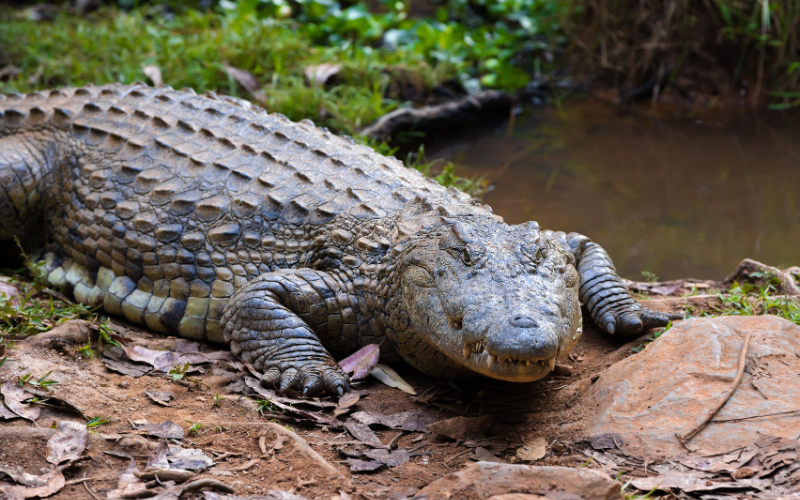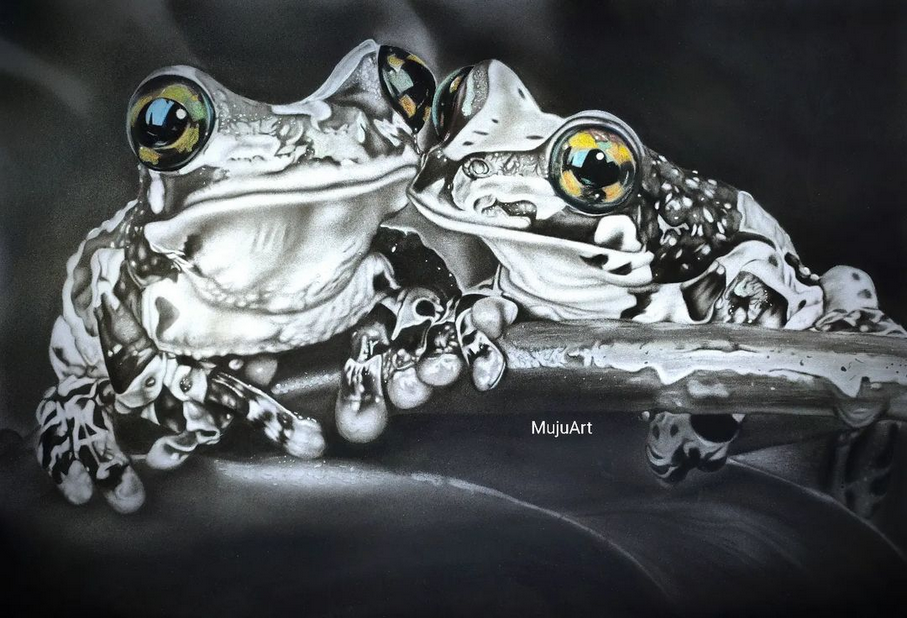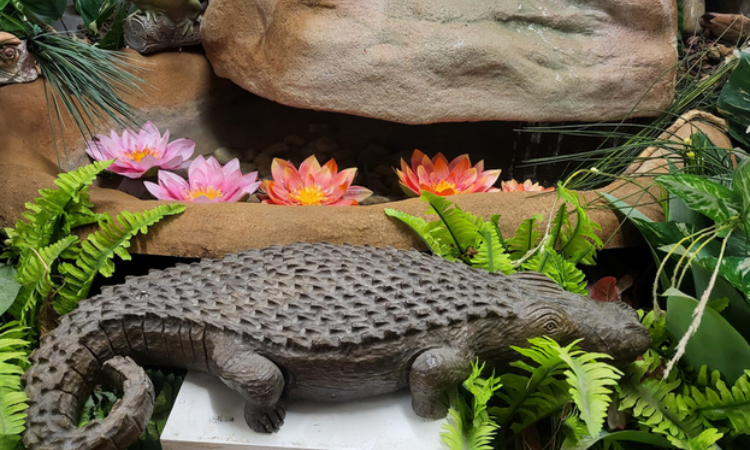Crocodiles
Crocodiles are fascinating creatures that have captured the imagination of people for centuries. They are found in tropical regions of America, Africa, and Australia, recognized as apex predators with powerful jaws, sharp teeth, and a streamlined body for swimming. These reptiles can grow up to 17 feet (5.2 meters) in length and weigh over 1,000 pounds (450 kg). Crocodiles can be seen quite easily on a safari in Zimbabwe.

There are 23 species of crocodiles, with the largest being the saltwater crocodile, which can grow up to 23 feet (7 meters) in length and weigh over 2,200 pounds (1,000 kg). These massive creatures are found in the coastal areas of Southeast Asia and Australia, and are known to be one of the most aggressive species of crocodiles.
Crocodiles are ambush hunters, feeding on a variety of prey such as fish, birds, and mammals. They have a unique hunting technique, where they lie motionless in the water, waiting for their prey to come close. Once the prey is within range, the crocodile launches itself out of the water, using its powerful tail to propel itself forward and its sharp jaws and teeth to grasp its prey. The force of the attack is so powerful that it can knock down a small boat or even capsize a larger vessel.
Crocodiles are also known for their strong swimming abilities and can stay underwater for extended periods. They have a special membrane that covers their eyes, allowing them to see underwater without any obstruction. This, coupled with their excellent hearing and sense of smell, makes them highly efficient hunters.
The speed and power of crocodiles vary based on species, size, age, situation, and target. Some sources claim they can reach speeds of up to 20 mph in short bursts, while others state they move faster in water than on land. Regardless, crocodiles are considered to be among the fastest and most dangerous predators in their habitats.
Despite their fearsome reputation, crocodiles are an important part of the ecosystem. They help to control the population of other animals and keep the balance of the food chain. Crocodiles are also revered in many cultures and are considered to be sacred animals in some parts of the world.
Crocodiles are carnivorous and eat a variety of prey, including fish, reptiles, birds, and mammals. The specific diet of a crocodile depends on the species and their habitat, but some common prey items include fish, frogs, turtles, snakes, birds, small mammals, and other reptiles. Crocodiles are also known to scavenge on carrion and to occasionally attack and eat larger animals such as zebras or buffaloes. However, they are not indiscriminate predators and will only attack when they are hungry or feel threatened.

Till death do us part This is an artwork I did in Charcoals and pastels on A1 size paper. Hope you like it This is an artwork I did in Charcoals and pastels on A1 size paper. Hope you like it. Tonderai Mujuru
Overall, crocodiles are fascinating creatures that have captured the imagination of people for centuries. They are apex predators that are both feared and revered, and play an important role in the ecosystem. Whether you are a wildlife enthusiast or just curious about these amazing creatures, there is no denying that crocodiles are one of the most fascinating animals in the world.
Crocodiles are dangerous predators, and it's important to be extremely cautious when in their territory. If you find yourself facing a crocodile in the bush, here are some tips on what to do:
- Stay calm: Do not panic and try to keep your emotions in check.
- Keep a safe distance: Crocodiles are incredibly fast and can lunge out of the water with great force. Make sure you stay a safe distance away from the water's edge.
- Don't provoke it: Do not throw objects or make loud noises as this can provoke the crocodile.
- Avoid entering the water: Do not enter the water, even if it seems safe. Crocodiles can move quickly and are powerful swimmers.
- Retreat slowly: If you are near the water's edge, back away slowly and carefully. Do not turn your back on the crocodile and maintain eye contact with it as you retreat.
- Seek professional help: If you encounter a crocodile in the wild, it's best to leave the area and seek help from a professional wildlife expert or park ranger.
